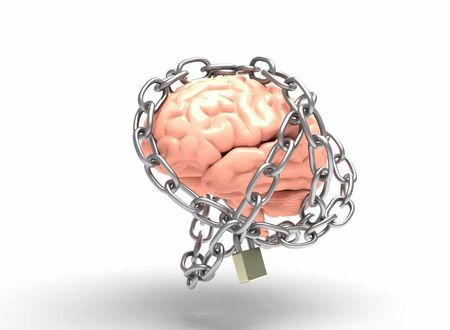We all face some issues and challenges in our lives. While facing those challenges, often we don’t know what to do or we do know what we can do to improve the situation but are not able to do so. Our thoughts, feelings, emotions and behaviours come in the way of taking effective action.
For example, we know we shouldn’t eat too much sugar to keep ourselves healthy but still end up having too much of it. We do know that we should communicate clearly, assertively and compassionately in order to maintain healthy relationships but end up reacting, blaming, complaining, etc. We do know that we need to save and invest our money wisely but end up spending not so carefully.
Then there are difficult situations like losing someone close to us, or going through traumatic events like abuse or an accident. There are difficult feelings and emotions like loneliness, anxiety, depression, grief, betrayal, etc.
Therapy is a collaborative relationship between a therapist and a client in which various tools and techniques are used to help and support the client deal with their issues and challenges. While scientific evidence based tools and techniques do have a role to play, it’s the strength of the alliance between the therapist and the client that has the greatest impact.
Just the act of opening up in a safe and non-judgemental space, and being received with acceptance and positive regard, can bring about beneficial changes in the person seeking therapy. One can be fortunate enough to find a few moments of such therapeutic value in their relationships. However, therapy is often the first relationship for many people where they have a space to discuss what they are going through freely.
As children, most of us didn’t have people around us that listened to us, set the right boundaries or helped us feel lovable and worthy. The therapist is experienced as the first truly supportive and reliable person we so need and want. We can then regress back to earlier moments and finish unfinished business, relive the moments and repair the damage or meet the unmet needs.
Now we can express who we are, feel our feelings and allow thoughts to come, leave or be given a voice. This one healthy relationship becomes a model for relationships outside therapy room. Our inner voice becomes kinder, calmer, more intelligent. Distorted perceptions get grounded in reality.
As therapy progresses, we grow up, psychologically.









Comments & Discussion
2 COMMENTS
Please login to read members' comments and participate in the discussion.